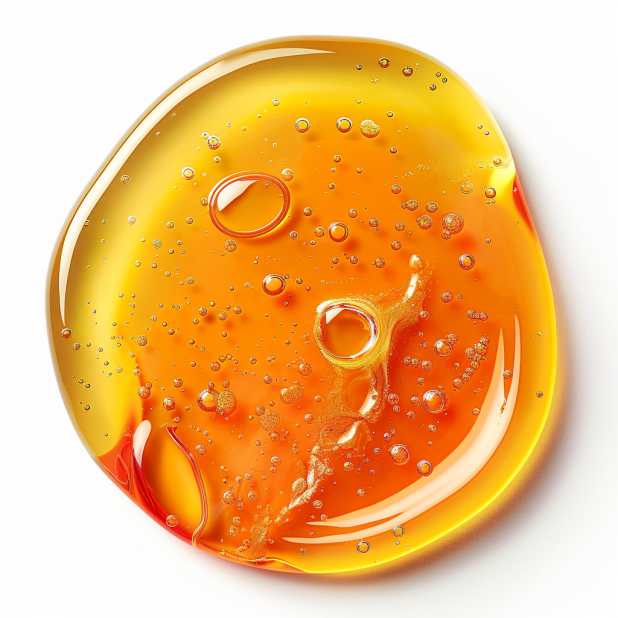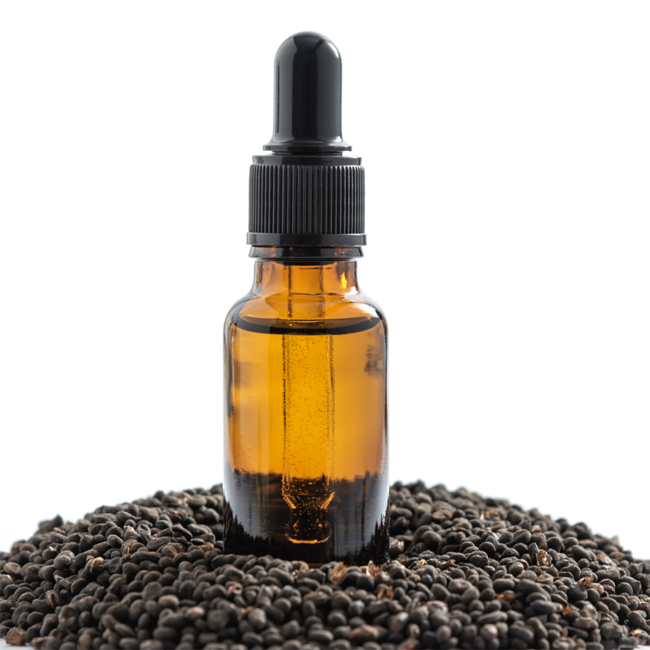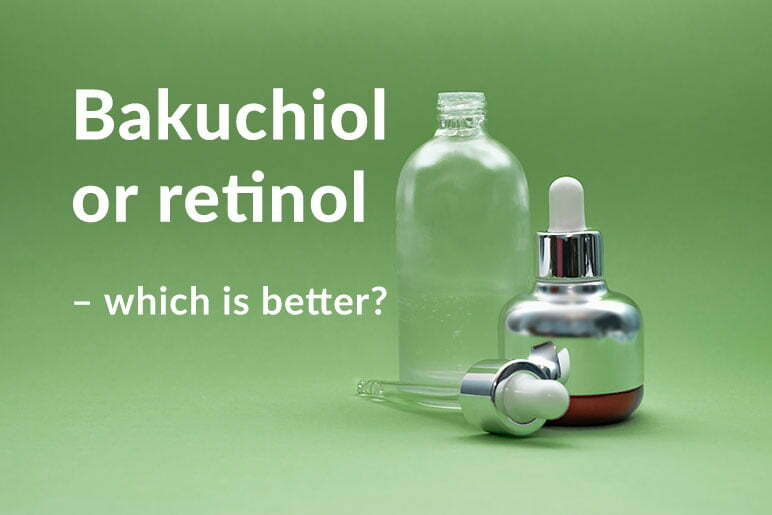Recently updated on: August 22nd, 2022
Similarities and differences between bakuchiol and retinol
The two popular active anti-wrinkle ingredients: bakuchiol (INCI: Bakuchiol) andretinol (INCI: Retinol), have recently taken the cosmetics industry by storm. Noteworthy, the two substances differ in terms of their respective chemical structures.
The former, also known as bio retinol or plant-based retinol, is chemically a meroterpene, i.e. having a partial terpenoid structure. Retinol, on the other hand, is a carotenoid. However, it is the properties of bakuchiol that are similar to those of retinol that have made it such an immensely popular substance.
Properties of retinol
Retinol is one of the best researched ingredient compounds in the market, with may beneficial properties. It stimulates fibroblasts to produce elastin and collagen, thus improving the skin’s density and firmness. It thickens the epidermis, by accelerating skin renewal and regulating cell division processes. Retinol is a delicate exfoliator of dead cells, leaving the skin healthy-looking, smooth and radiant. Having antioxidant properties, it reduces the harmful effects of free radicals. Retinol is effective in preventing blackheads and skin imperfections, and in regulating the function of sebaceous glands. When used consistently over a longer time, retinol eliminates both small as well as deep wrinkles. It also brightens up discolorations, by inhibiting the activity of tyrosinase.

Retinol
We are a wholesale distributor of top-notch retinol, which is a vitamin A derivative. To be more precise, it’s the most active vitamin A form available in the market.
However, retinol does have some side effects: it may in particular cause irritation and reddening of the skin, therefore it is not recommended to use high concentrations in the initial stages of the treatment. Moreover, retinol has photosensitizing and teratogenic properties.
Properties of bakuchiol
Bakuchiol’s action is very similar to that of retinol. It accelerates the keratinization of the epidermis, and has antioxidant, anti-inflammatory and anti-acne properties by inhibiting the growth of the streptococcus aureus bacteria. It normalizes secretion of sebum and lightens up skin discolorations. Bakuchiol also mitigates negative effects of UV radiation. It normalizes secretion of sebum and stimulates the production of elastin and collagen.

Bakuchiol
Bakuchiol is a natural cosmetic ingredient extracted from the leaves and seeds of Bakuchi(Psoralea corylifolia), which grows in Asia, Africa and Central Europe. It is considered a natural substitute for retinol, but unlike retinol, it does not have photosensitizing properties, and in fact mitigates the harmful effects of the sun’s rays and makes the skin more resistant to them.
Plant-based retinol is not photosensitizing when the skin is exposed to the sun. Importantly, it can be used both by pregnant and breast-feeding women, because it does not have teratogenic properties.
What to choose: bakuchiol or retinol?
There is no single answer to the question: which is better – bakuchiol or retinol, because both substances have a beneficial effect on the skin. Bakuchiol has the advantage of no side effects known to characterize retinol, and it fits well into the trend favoring plant-based ingredients. However, it has not been researched as extensively as its competitor.
Literature:
https://biotechnologia.pl/kosmetologia/retinol-w-kosmetykach-jedna-z-nielicznych-substancji-o-udowodnionym-dzialaniu,16299
https://www.ptfarm.pl/pub/File/Farmacja%20Polska/2010/03-2010/06%20%20Retinoidy.pdf


